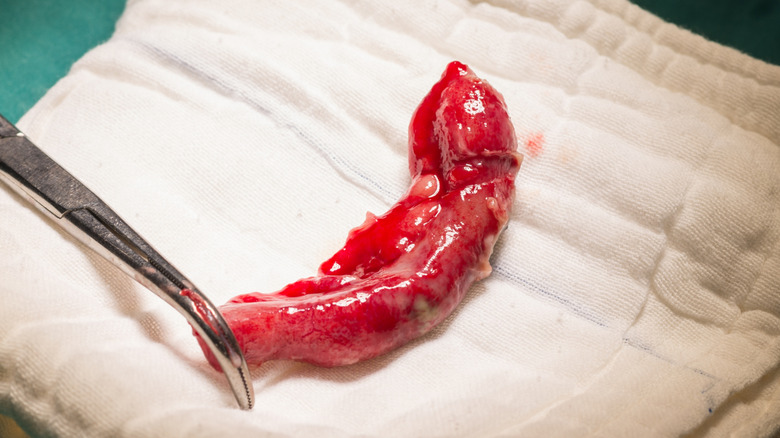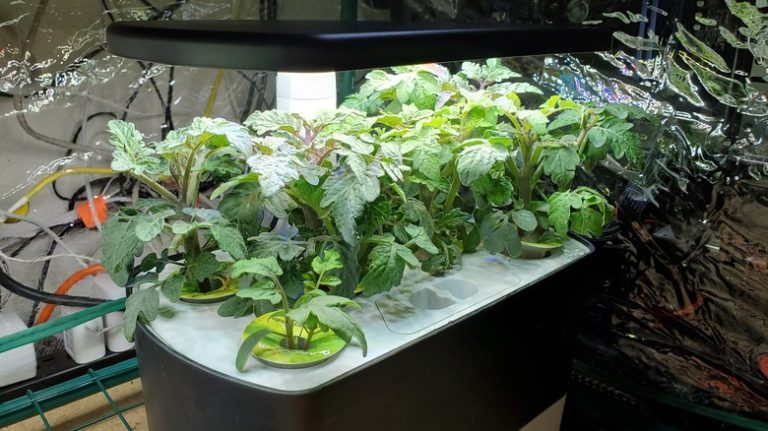
As humans have evolved, certain anatomical parts that once played functional roles have become less functional and are often known as vestigial organs or structures. Some are considered physiological adaptations — one of the three types of environmental adaptations — but generally, these biological features aren’t as crucial for survival as they once were. Examples include body hair, ear muscles, the tailbone, and the appendix. However, researchers are discovering that some of these supposedly “useless” organs may have value, with the appendix being one of them.
Similar to the thymus — an organ thought to be “useless” yet crucial for your health — the appendix may have several roles within the body. One possible function is producing endocrine cells in a fetus that generate molecules necessary for the body’s homeostasis, which maintains internal systems like oxygen and temperature levels. Another potential role involves introducing white blood cells (leukocytes) to antigens (substances that provoke an immune response) within the gastrointestinal tract during the first 30 years of life. Consequently, the immune system develops antibodies to balance gut-related immune responses.
The most intriguing potential function of the appendix is serving as a sanctuary for beneficial gut flora, which is useful throughout life, not just a limited number of years. For instance, when you experience diarrhea, the good bacteria in your microbiome are flushed out. Researchers suggest the appendix stores beneficial and other gut bacteria to repopulate the colon, restoring the microbiome after an illness. However, further studies are necessary to confirm these theories.
Why so many people have their appendixes removed

If the appendix has beneficial functions, why do so many people have them removed? Appendectomies — the procedure for removing an appendix — are commonly performed due to appendicitis, which is an inflamed appendix. This inflammation typically results from a bacterial infection that may have originated in the stomach and spread to the organ. Alternatively, it could be due to a blockage in the lumen (the lining of the appendix). Without prompt treatment, the swollen and pus-filled organ could rupture, releasing bacteria and spreading the infection in the abdomen.
Most appendectomies today are conducted via laparoscopy, a minimally invasive surgical method, to prevent the infection from spreading. It’s also the preferred treatment for appendix cancer. The procedure is straightforward because of the appendix’s location at the end of the cecum. Removing it does not affect the cecum’s function of moving digested food waste from the small intestine to the ascending colon. In non-acute cases, many doctors have shifted from surgery as antibiotics have proven effective in treating appendicitis and reducing the risk of complications, such as colon cancer.
“`






